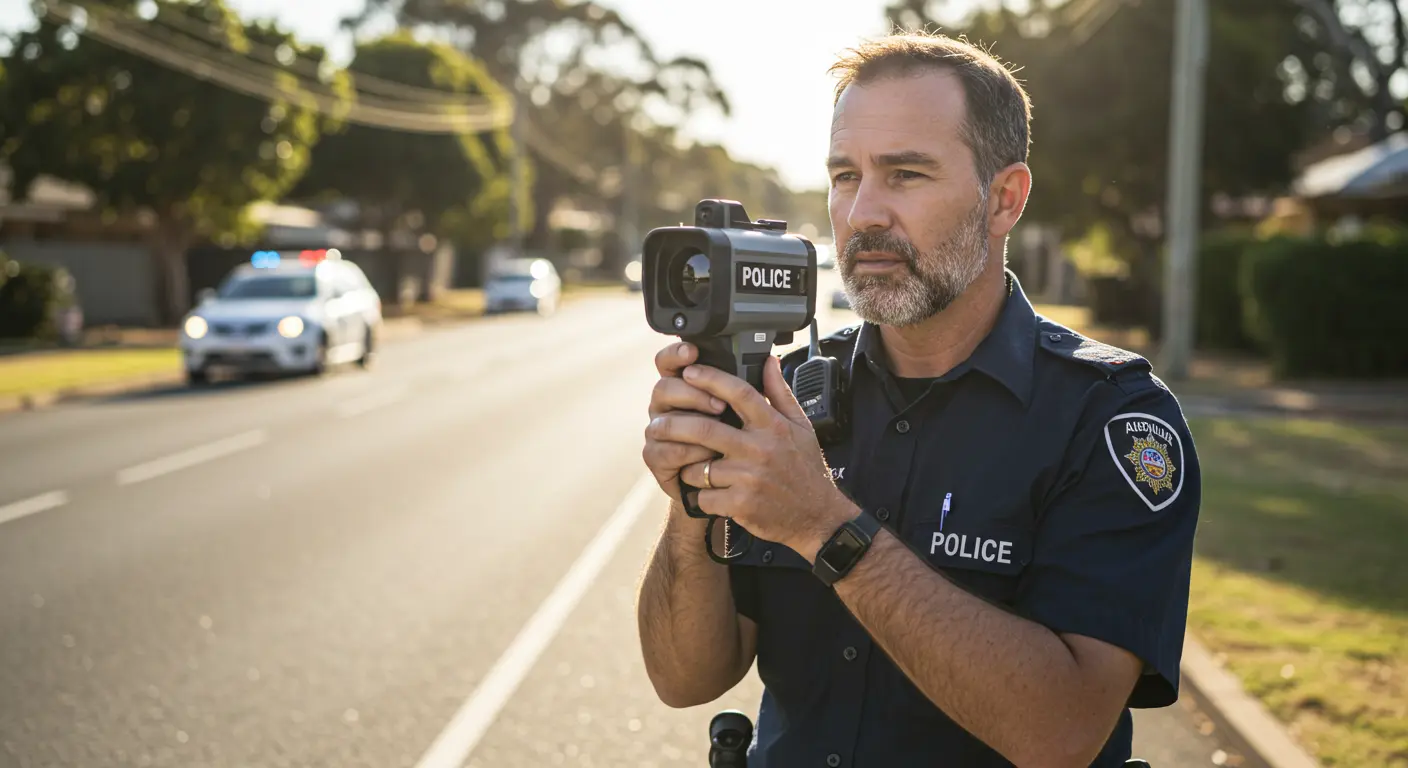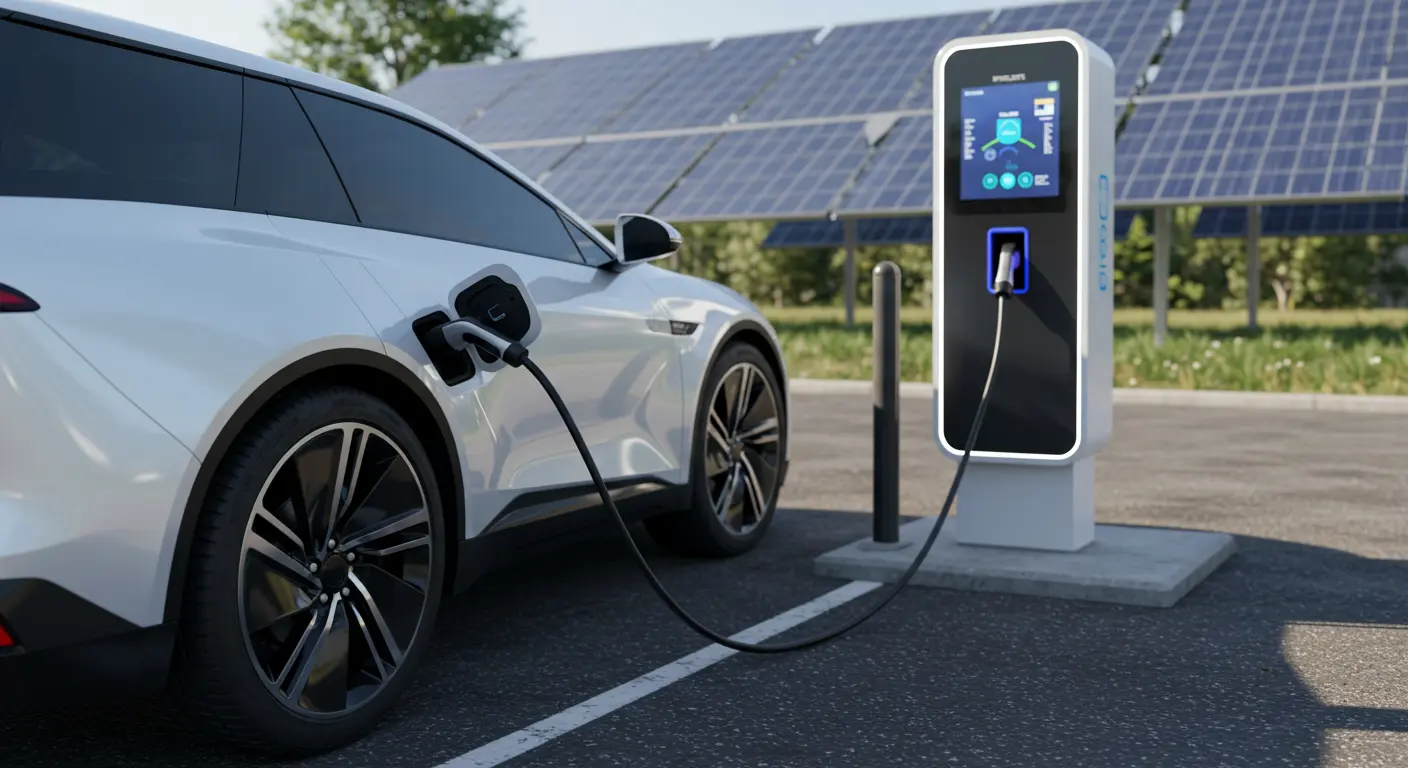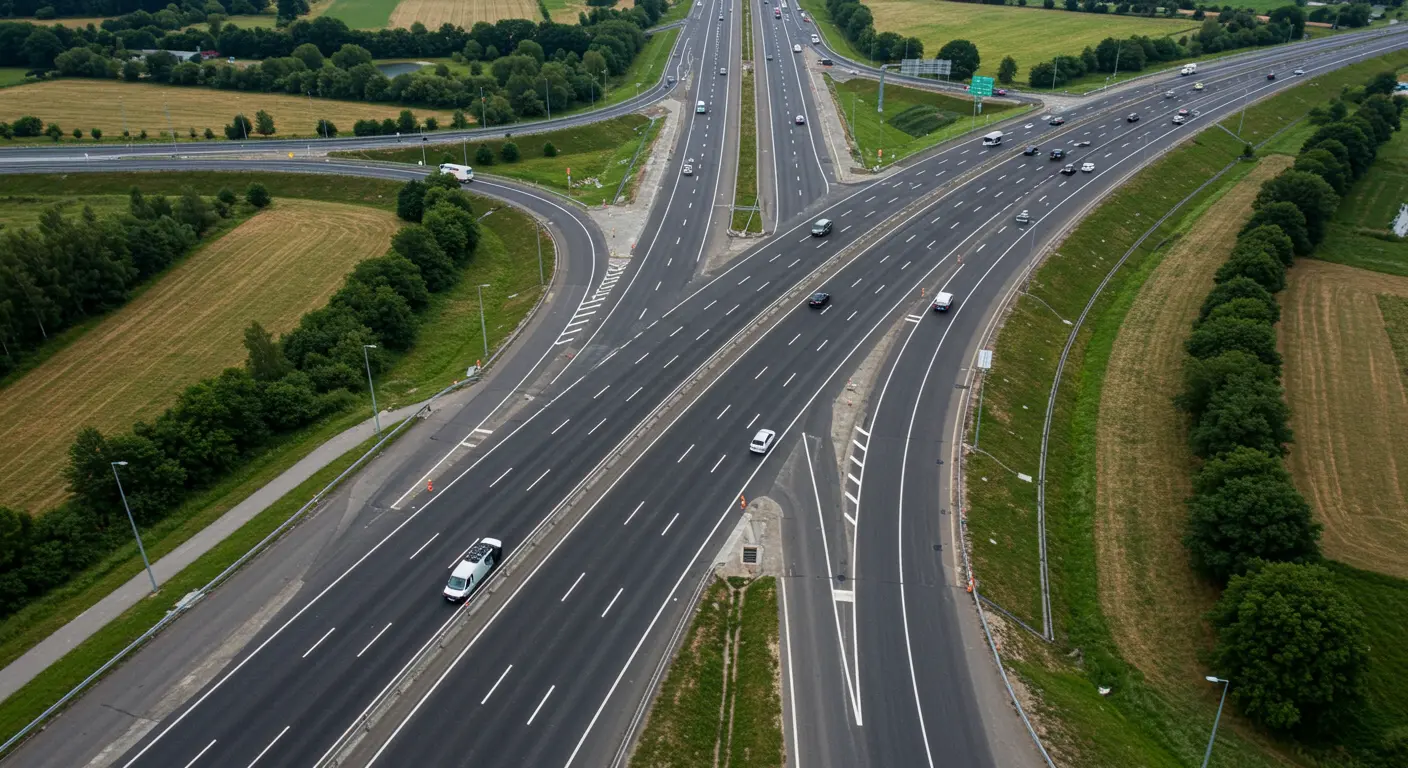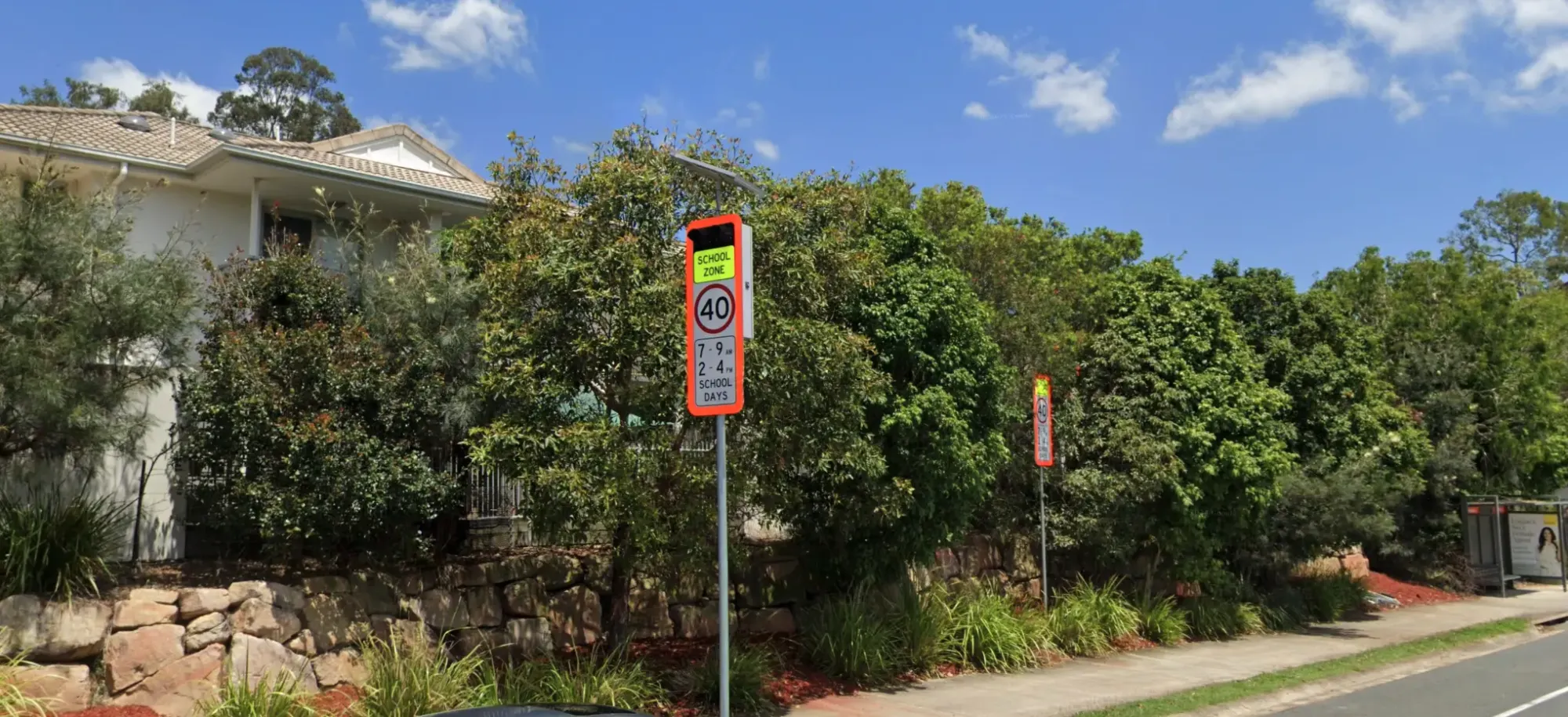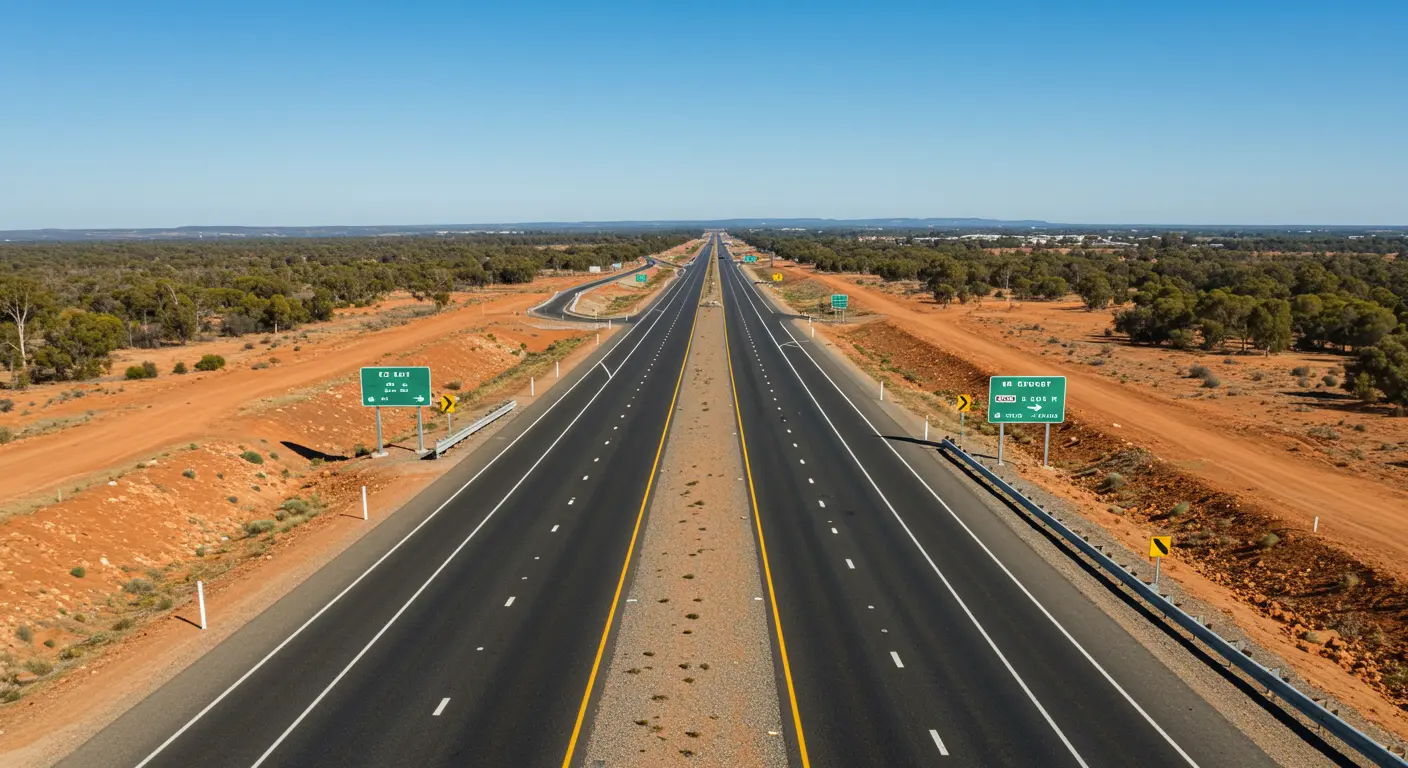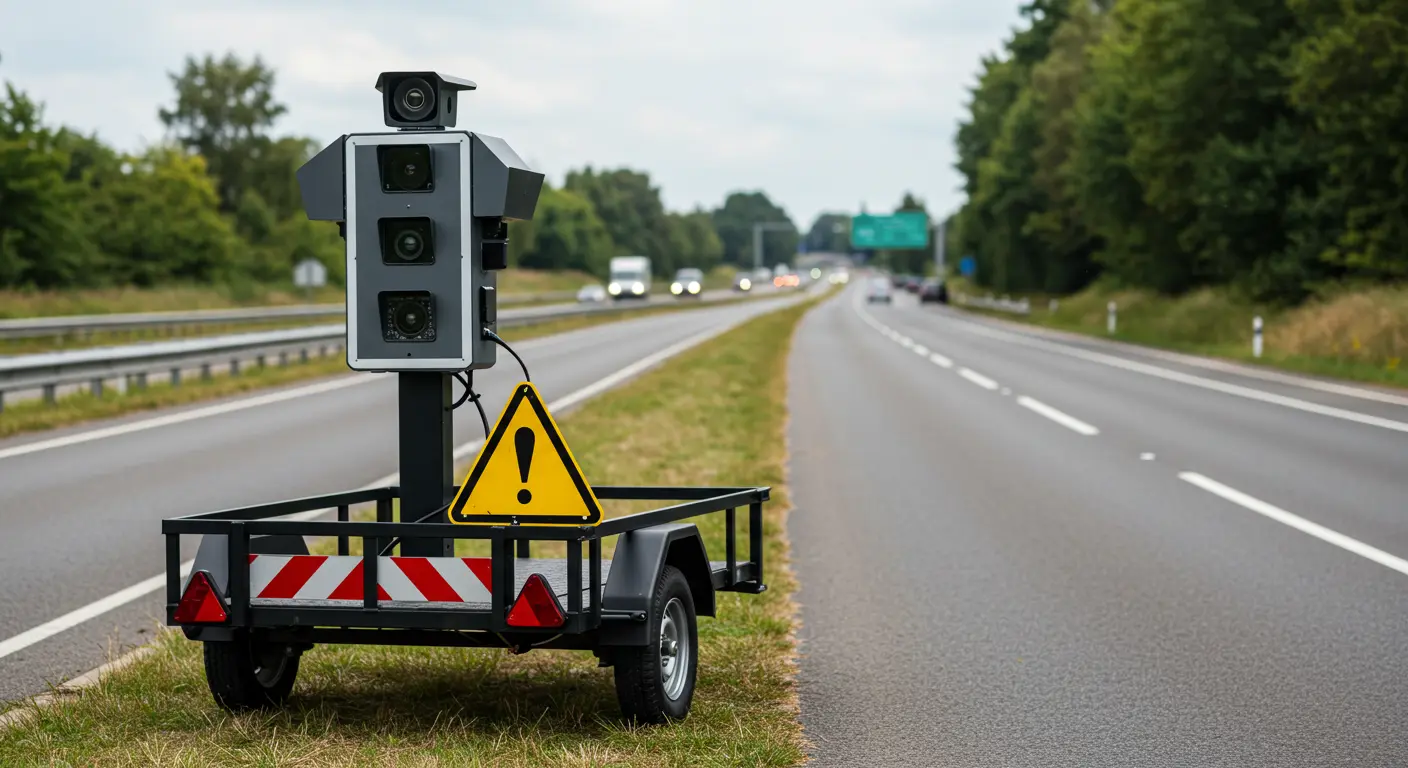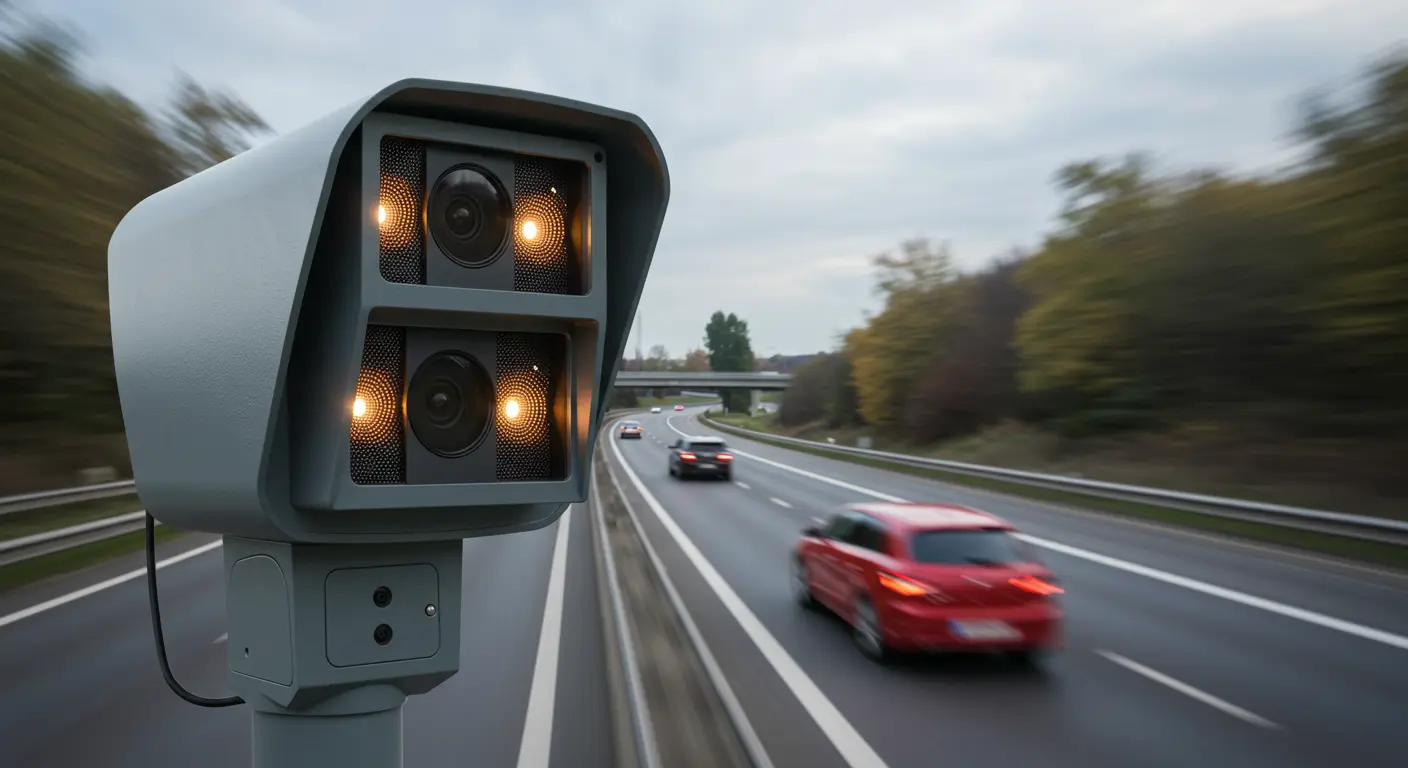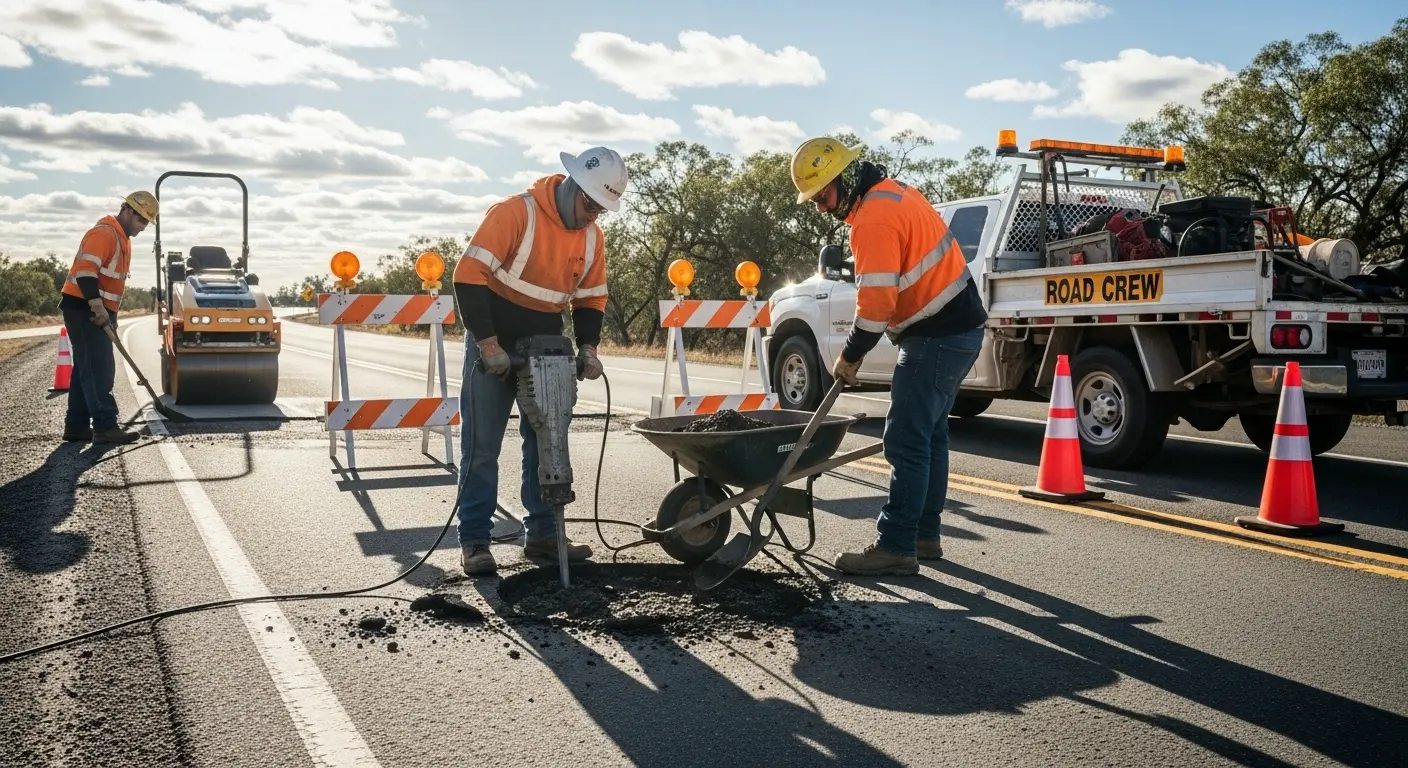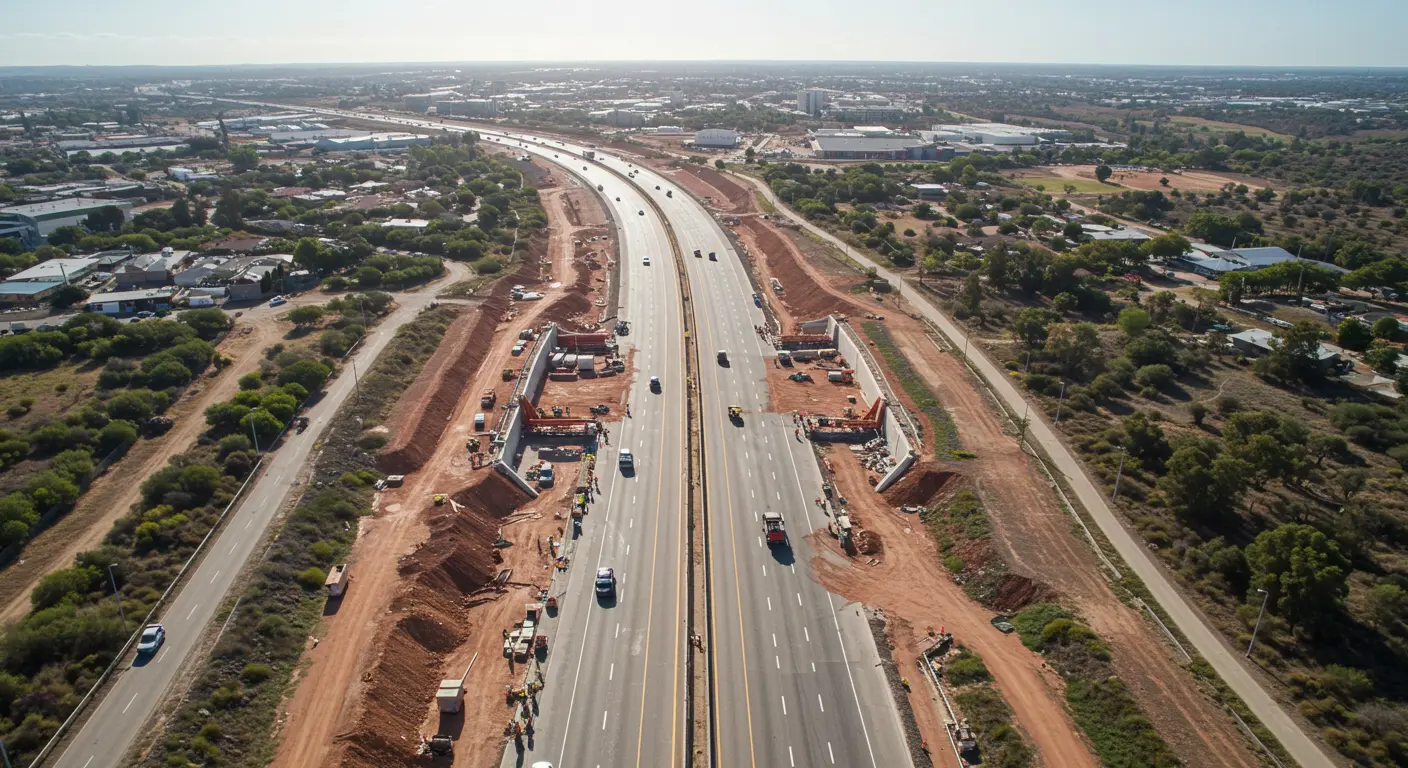A nationwide road-user tax for electric vehicles is gaining momentum, with the Federal Government reaffirming its commitment to the controversial scheme that would see EV drivers charged per kilometre travelled.
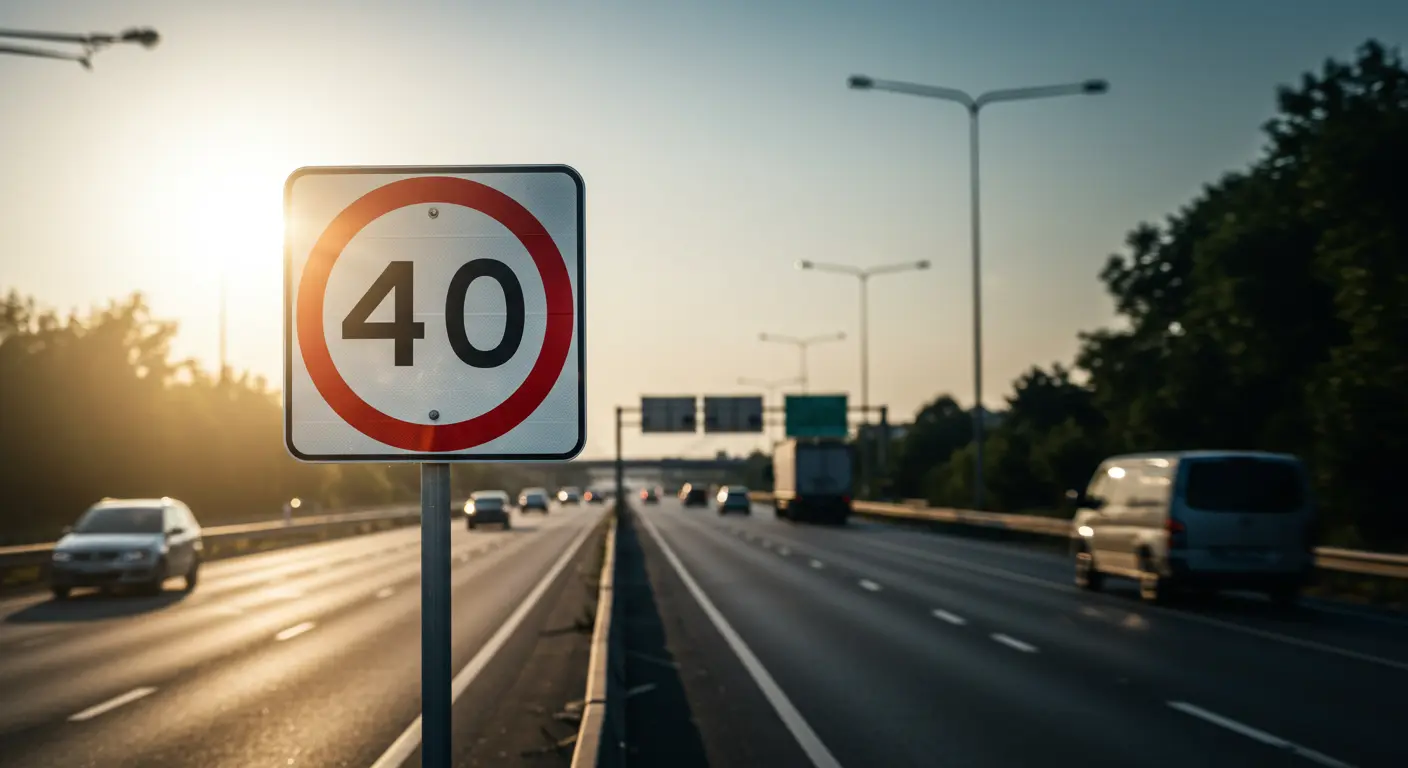
National EV Tax Back on the Agenda
Federal Treasurer Jim Chalmers reportedly reiterated the need for a road-user charge during a recent Business Council of Australia dinner in Canberra. The proposal aims to address the revenue shortfall from declining fuel excise due to the rise in electric and hybrid vehicles.
"We need to pay for roads somehow," Chalmers was quoted as saying. A spokesperson from his office later confirmed that the government would work with state and territory counterparts on the matter, following last year’s High Court ruling that struck down Victoria’s own EV-specific road tax.
Background: Victoria's Defunct Scheme
Victoria implemented a 2.8 cent/km charge for electric and hydrogen vehicles and 2.3 cent/km for plug-in hybrids in 2021. It generated $3.9 million in revenue during 2022-23 but was deemed unconstitutional in 2023. Despite the legal setback, NSW and WA have indicated plans to pursue similar charges in the future.
Advocating for a Broader, Fairer Tax
The Australian Electric Vehicle Association (AEVA) has called for a universal road-user charge that would replace the current fuel excise entirely. AEVA President Chris Jones stated, "A mass-times-distance charge should apply to all vehicles, including heavy-duty trucks which cause the most road damage."
Jones also pointed out that Australia’s most popular vehicles—the Ford Ranger and Toyota HiLux—are both heavy combustion vehicles that contribute significantly to wear and tear on infrastructure.
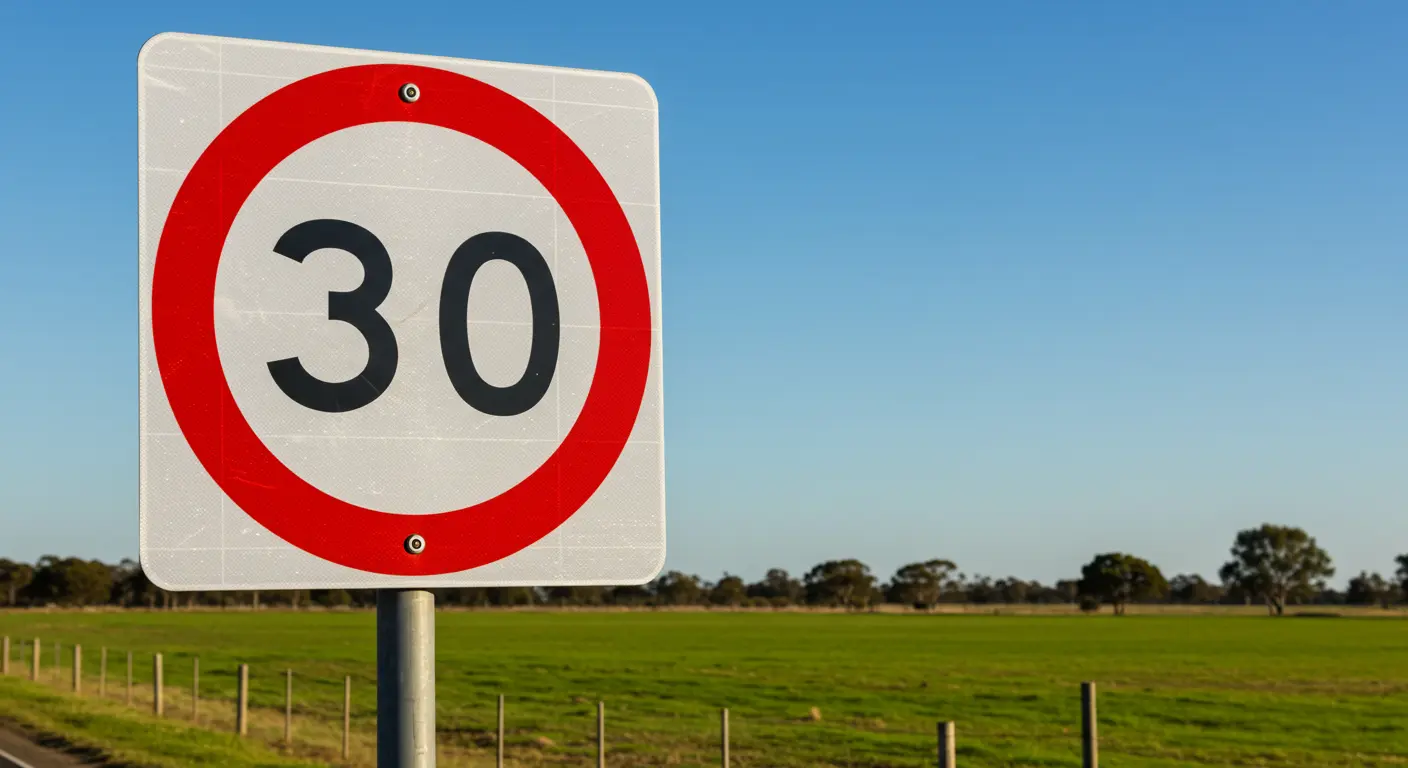
Timing and Policy Considerations
While the government remains committed to consultation and careful implementation, any national tax is unlikely to take effect until after the next Federal Election, anticipated in May 2025.
The upcoming 2025-2026 Federal Budget, due March 25, is expected to shed further light on the government's policy direction.
Victoria's Broader User-Pays Vision
As early as 2021, the Andrews government supported recommendations to gradually expand Victoria's EV road-user charge to all motorists, moving away from fixed charges like fuel excise. The plan aimed to ensure all road users contribute fairly to road maintenance and development.
The Victorian government justified the proposal by pointing to the long-term revenue challenges posed by vehicle electrification, noting that distance-based charging is a necessary step toward future-proofing the state’s transport funding model.
Although congestion pricing in Melbourne was rejected due to post-pandemic travel shifts, the state continues to explore reforms for both passenger and heavy vehicles.
What's Next?
With bipartisan and industry pressure mounting, Australia may be on the verge of introducing a unified road-user tax system. If implemented fairly and transparently, such a policy could ensure the sustainability of road infrastructure funding while aligning with the country's transition to cleaner transport technologies.
